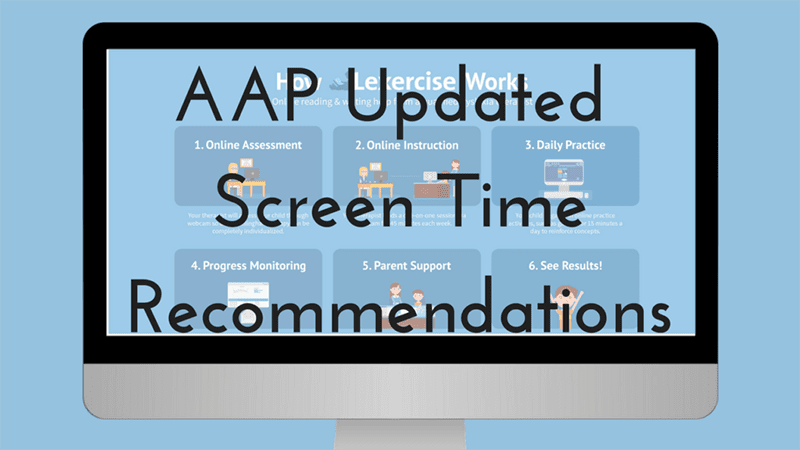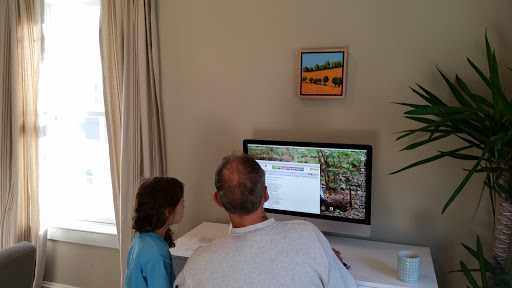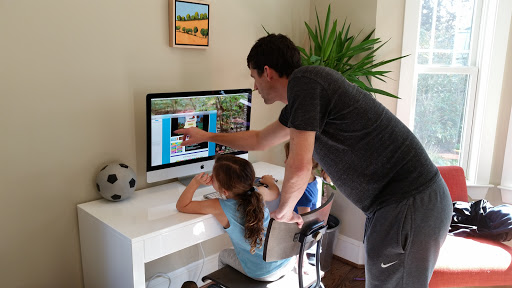AAP Changes Screen Time Recommendations
Written by Marie Lunney
Published on October 31, 2016
The American Academy of Pediatrics has lifted its recommended ban on screen time for children under 2 years of age. More importantly, they have researched the effects and recommended guidelines for educational and beneficial screen time. “The new guidelines, especially for very young children, shift the focus from WHAT is on the screen to WHO else is in the room” (Kamenetz, 2016).
The AAP recommends live video-chat, co-viewing, and interactive media use among children and a supervising adult.
Children “can learn new words from educational media, if and only if parents are watching alongside them, repeating what the video says and/ or drawing attention to what is on the screen…Co-view with your children, help children understand what they are seeing, and help them apply what they learn to the world around them.”(Kamenetz, 2016)
In effect, screens should not be used as a babysitter but rather as facilitation of information and interaction between the guardian and child.
Lexercise’s co-founder, Sandie Barrie Blackley, recently visited her son and granddaughters where she was able to witness this type of “co-viewing,” educational screen-time.
When Granddaddy was reading the poem, The Owl & The Pussycat on Sunday morning D. was puzzled by these lines:
“They dined on mince, and slices of quince,
Which they ate with a runcible spoon….”
She had never heard of mince, slices of quince, or a runcible spoon. So she and Granddaddy looked up images of these using Google Images. After checking out pictures of runcible spoons D. commented that at her school’s cafeteria they use plastic runcible spoons, but they call them sporks.
When D. and her sister were playing an online math logic game on Saturday morning Dad was there to coach.
This computer is in the home’s main living area so parents can easily be “side-by-side” with the children as they are using it. Parents also use an app that blocks all but approved sites.
Lexercise has always recognized the well-documented value of shared inquiry and joint engagement with a caring, mentoring adult. The Lexercise intervention platform is built to give parents all the tools they need to be a mentor and a change-agent for their struggling reader and/or writer. Learn how Lexercise combines interactive media and live chat to guarantee your child’s reading success here.
References:
Kamenetz, Anya. “Morning Edition.” NPRed. NPR. 21 Oct. 2016. Radio.
Improve Your Child’s Reading
Learn more about Lexercise today.
Schedule a FREE
15-minute consultation





Leave a comment